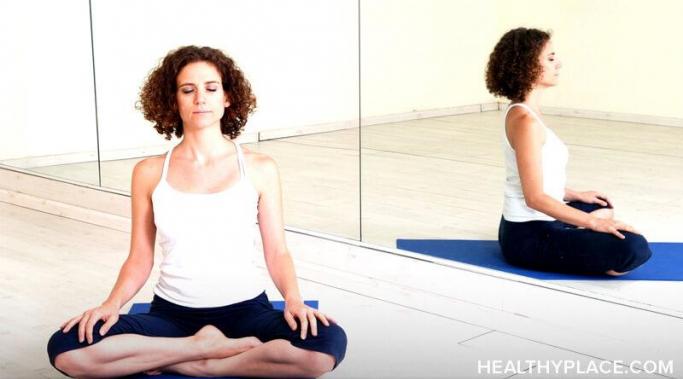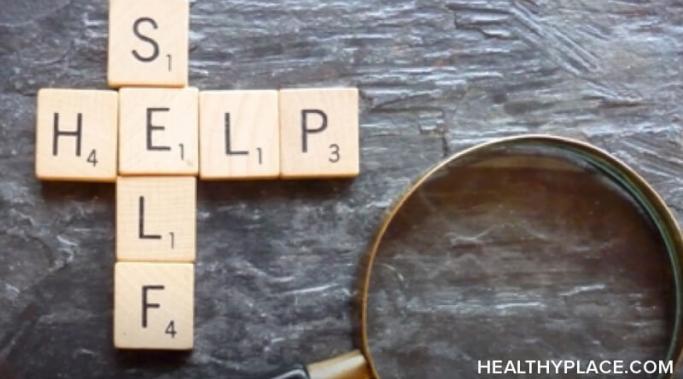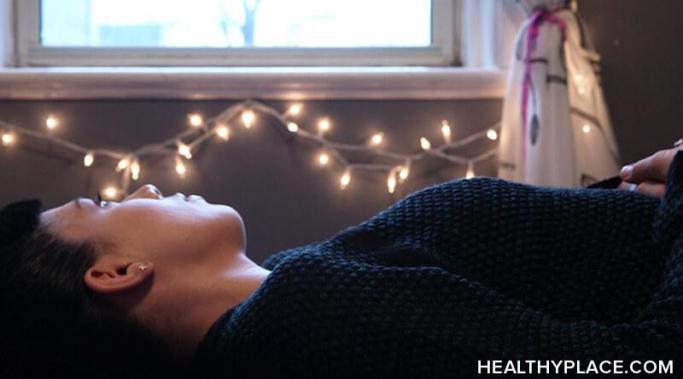Have you ever wondered about the mental health benefits of the yoga philosophy? I always felt emotionally refreshed after a yoga class and recently I began yoga teacher training. I've been so fascinated by everything I am learning about the philosophy of yoga. Read on if you, too, are interested in understanding how yoga philosophy can improve your mental health.
Self-improvement - Living a Blissful Life
Healthy boundaries can be hard to recognize. For example, have you ever had someone set a boundary with you but it didn't feel right? Maybe they stated in such a way that it was hard to know if it was a legitimate boundary or a manipulation. Perhaps you have been manipulative with others but framed it as setting a boundary. This can be a confusing dynamic in interpersonal relationships and I've certainly struggled with it myself at times. Let's take a look at how you can tell if someone is setting a healthy boundary or being manipulative.
You can enhance your self-worth by using personal commitments. This is a necessary skill because low self-worth is a common concern and people always seem to be looking for how to build more self-worth. Do I need more self-care? How can I be nicer to myself? Why am I so judgmental? I spent years looking for the secret to strong self-worth and though I'm still a work in progress, I've answered some of my questions. Here's what has helped me build my sense of self-worth.
You might have heard that moderation is essential for a healthy, happy lifestyle. Buddhists and Stoics alike have been explaining for millennia how maintaining balance in your life is the key to meaning and tranquility. At times, finding the right equilibrium can be difficult. However, with diligent, consistent effort, you can find the right amount of moderation and balance in every aspect of your life.
You've probably been exposed to toxic positivity. You may have a friend who always seems overly happy, even when you know they are going through a hard time. While most of us strive to be happy and healthy, there can be too much of a good thing at play when positivity becomes toxic.
In the midst of the COVID-19 pandemic, many of us feel insecure, frustrated, and scared. With so many question marks on the horizon, we can't plan for the future. Uncertainty runs rampant as long-term decisionmaking becomes a thing of the past. However, we can learn from these uncertain times, emerging stronger than we were before.
How can a healthy morning routine help if you're not a fan of getting out of bed in the morning? You're not alone in that feeling. Convincing yourself to leave your bedroom and enter the real world can be a daunting task. However, creating a healthy morning routine can help you learn to greet the morning with a smile.
Having gratitude in quarantine is important because, if you're anything like me, the last few weeks have been a rollercoaster. Ever since COVID-19 took over the media, politics, and our minds, it can seem difficult to think of anything else. While the fears (and realities) of coronavirus are less than ideal, forced quarantine provides an opportunity for growth. It's not every day that must stay inside for the good of humanity. Here, I'll discuss a few ways you can use the quarantine to your advantage.
Dealing with COVID-19 as a therapist is dual-fold. We must comfort our clients, but we must also deal with the stress of the pandemic for ourselves and families just like everyone else.
Do you find yourself often feeling defensive? Perhaps you have relationships with others who seem to get defensive easily. Responding to another person with defensiveness is never the most effective way to solve a relational conflict, but many of us tend to jump into a defensive stance without thinking much about it.









